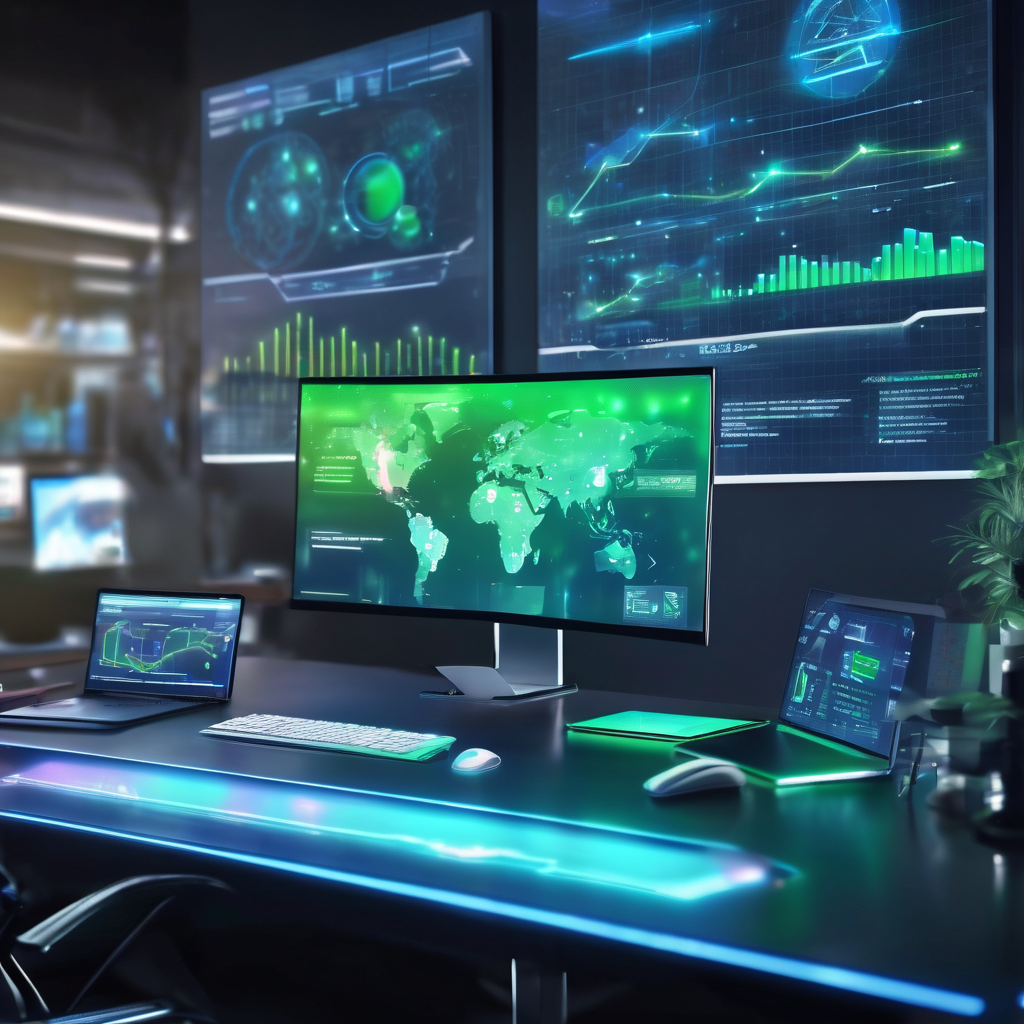
Marc Andreessen’s 2011 assertion that "software is eating the world" has especially manifested in marketing, culminating recently at the Cannes Lions festival, where tech giants like Amazon, Google, Meta, Microsoft, Netflix, Pinterest, Reddit, Spotify, and Salesforce have overtaken traditional advertising agencies. This takeover signals not just a shift but the death of traditional marketing, replaced by an AI-driven paradigm reshaping every rule. IDC forecasts that by 2028, AI will handle 60% of marketing functions, and by 2029, companies will spend up to three times more optimizing for AI systems over traditional search engines. This marks a radical transformation in how brands engage customers. For two decades, digital marketing centered on search engine optimization (SEO), funneling billions into strategies focused on Google rankings and keywords. However, search is shifting from browsers to AI platforms. Apple’s integration of AI-powered tools like Perplexity in Safari hints at Google’s waning dominance. According to Andreessen Horowitz, "generative engine optimization" (GEO)—optimizing for AI-generated answers rather than clickable links—is emerging. Brands must now be encoded within AI models to be included in synthesized, context-aware answers; traditional SEO tactics are becoming obsolete. Vercel’s CEO Guillermo Rauch revealed that ChatGPT already generates 10% of his company’s new customers by mentioning it in AI responses. Success is measured not by page views but by "reference rates, " or how often AI cites a brand. New tools like Brandrank. ai, Peec. ai, and Quni. ai track and optimize for AI mentions. The next frontier is AI-to-AI commerce, where autonomous AI agents act for consumers and businesses. Major players such as Google, Microsoft, Salesforce, Anthropic, OpenAI, xAI, and startups like Glean, Sierra, and Writer develop agents that autonomously make decisions, transact, and interact with minimal human input. A PwC survey notes 35% of companies adopt AI agents broadly, with 17% integrating them across almost all workflows. This is becoming operational, not experimental. Customer journeys will transform as personal AI assistants research, negotiate, and purchase products independently, while company AI agents manage inquiries and close deals around the clock. Transactions may occur entirely between AI systems, shifting influence from targeting humans to targeting algorithms.
IDC emphasizes that marketers now must market to AI rather than directly to consumers. The transition is swift; what once took decades is now happening in months, risking invisibility for companies that fail to adapt. AI agents also blur lines between marketing, sales, and customer service. Interactions become continuous conversations where AI handles product information, pricing, support, and more within single exchanges. This integration enhances customer experience, increases efficiency, and improves satisfaction, but requires organizational changes. Companies must dismantle silos, unify customer data, and ensure consistent messaging. Early adopters restructure around integrated AI platforms rather than traditional departments. Employment is deeply affected. A 2024 survey found 78% of marketers expect over 25% of tasks to be automated within three years, with over one-third anticipating more than half their work automated by AI. Firms like Meta, Google, Amazon, and Microsoft are moving toward fully automated ad campaigns with minimal human input. While routine work declines, human roles pivot to strategy, creativity, ethics, and managing hybrid human-AI teams. Future marketing leaders will blend creative direction, technology expertise, and data science, orchestrating AI systems instead of handling manual tasks. In this AI-dominated landscape, brand strength and first-party data become critical assets. Trusted brands gain prominence as AI systems trained on vast data favor recognized names. First-party customer data enables companies to develop advanced AI agents for highly personalized experiences amid growing privacy concerns and the demise of third-party cookies, creating a significant competitive moat. AI capabilities are advancing exponentially, doubling in performance every six months through immense computing power, massive datasets, and improved algorithms. Companies delaying action risk permanent disadvantage. The strategic imperative involves three parallel initiatives: experimenting with AI tools and agents, retraining teams for hybrid human-AI collaboration, and rebuilding systems around unified customer data and seamless experiences. Success depends not on merely adopting technology but on reimagining customer relationships in an AI-mediated world, ensuring AI agents add genuine value, uphold trust, and complement human connection. Ultimately, billions of people will interact through trillions of AI agents, transforming customer engagement irreversibly. The critical question is whether companies lead or lag in this transformation, as AI rewrites marketing’s rulebook and the winners will be those who author its new playbook.
How AI is Revolutionizing Marketing: The End of Traditional Strategies and Rise of AI-Driven Commerce

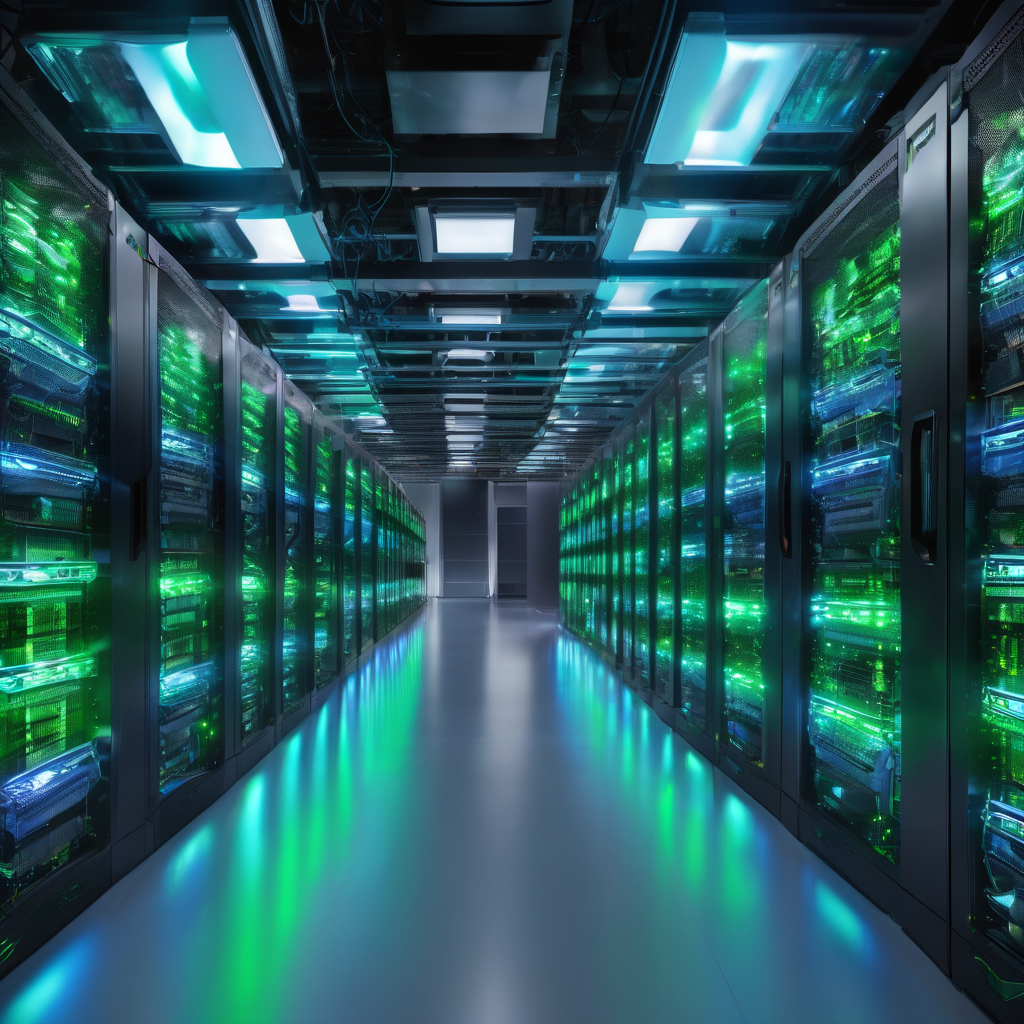
According to recent TrendForce research, the rising demand for artificial intelligence (AI) servers is significantly shaping the strategies of leading North American cloud service providers (CSPs).

Dive Brief: According to a report released Nov

Meta Platforms Inc.
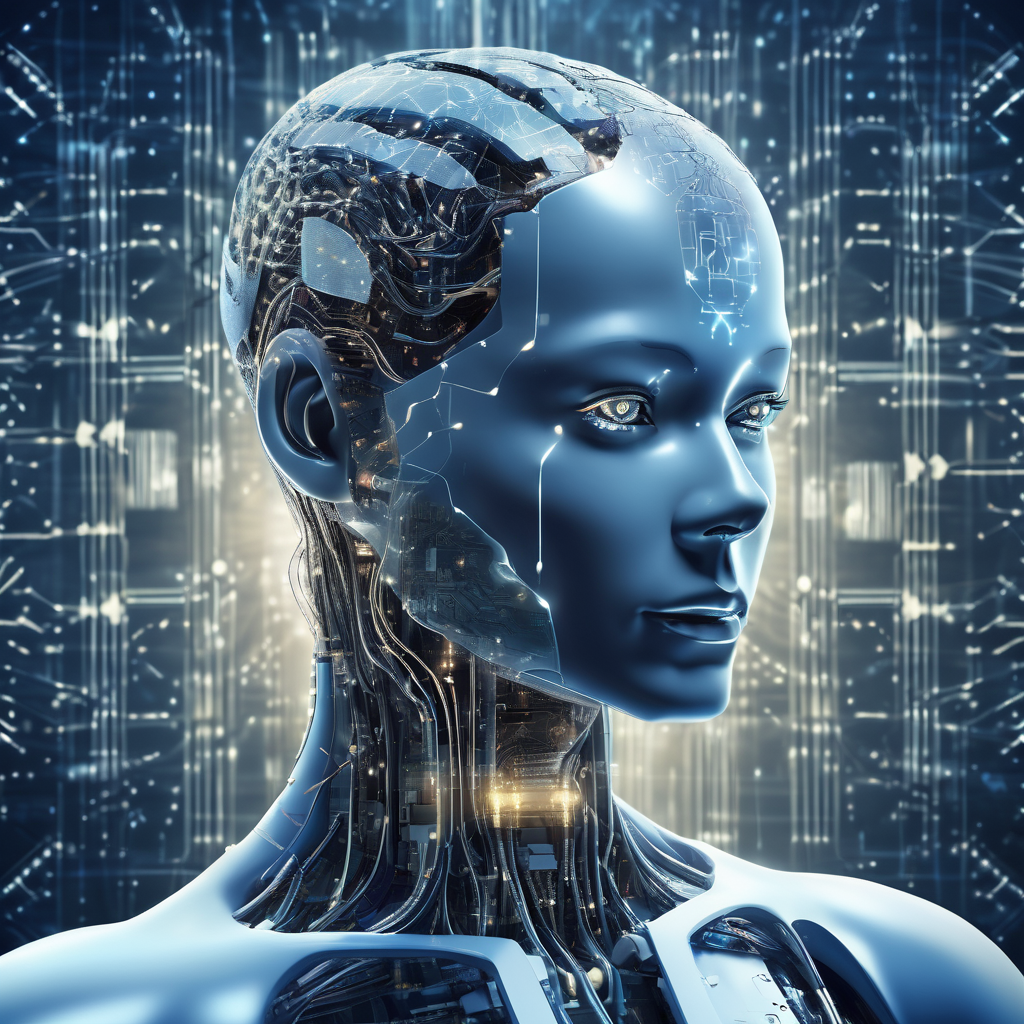
OpenAI has officially announced the launch of GPT-5, the newest advancement in its series of cutting-edge AI language models.
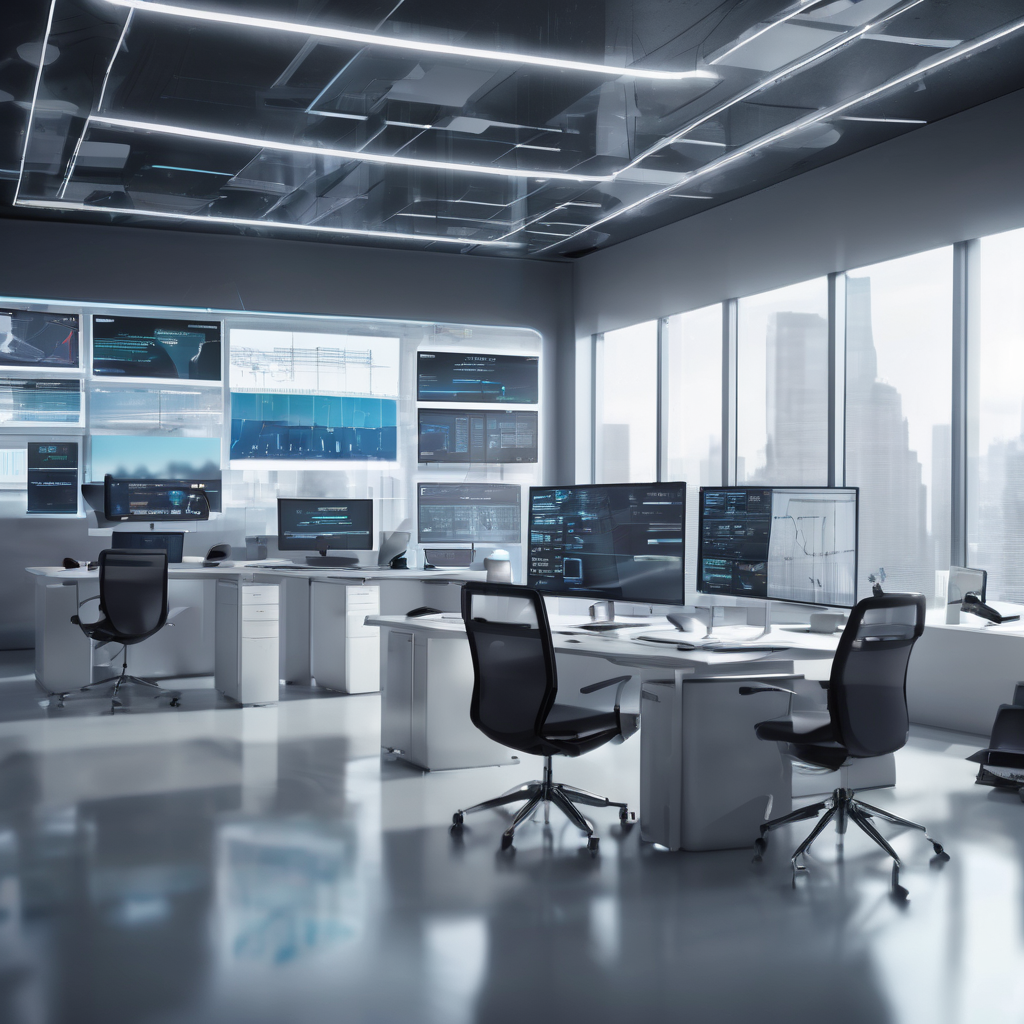
Verizon has seen a remarkable sales increase of nearly 40% after implementing an AI assistant to support its customer service representatives.
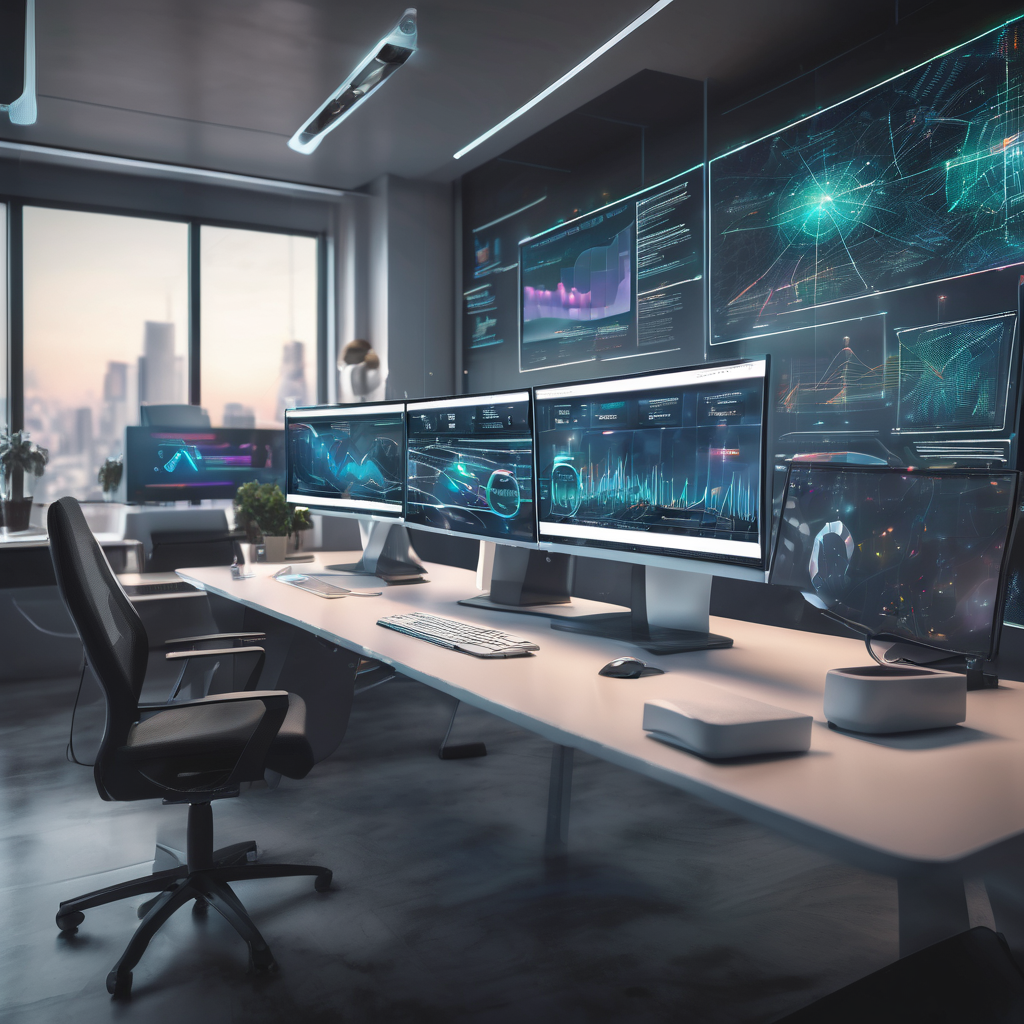
This week, Google rolled out several updates enhancing AI integration and user experience across its platforms, reinforcing its control over the search journey.

Salesforce CEO Marc Benioff is actively working to rebuild investor confidence in the company’s artificial intelligence (AI) strategy following a significant drop in its stock value.
Launch your AI-powered team to automate Marketing, Sales & Growth

and get clients on autopilot — from social media and search engines. No ads needed
Begin getting your first leads today